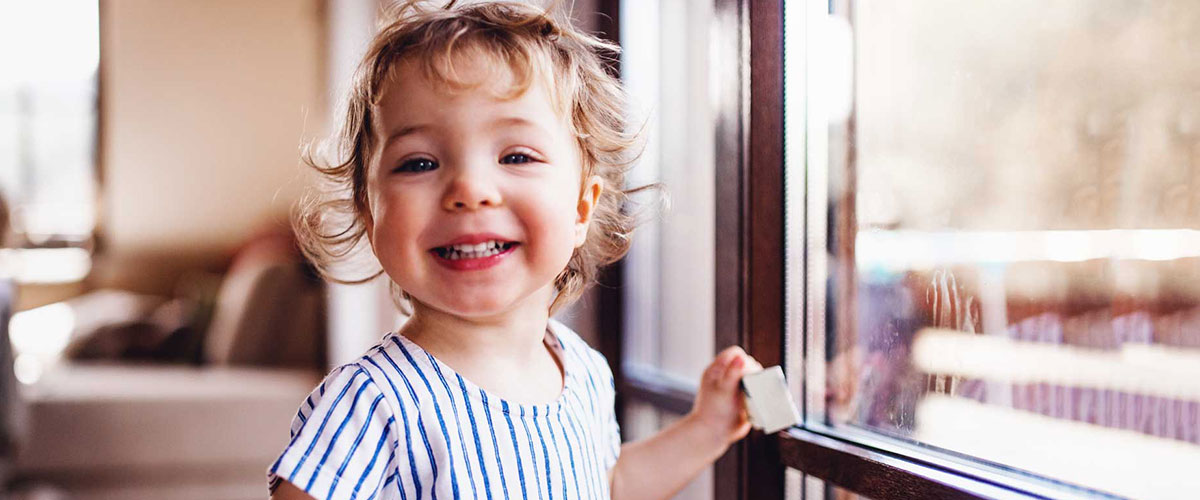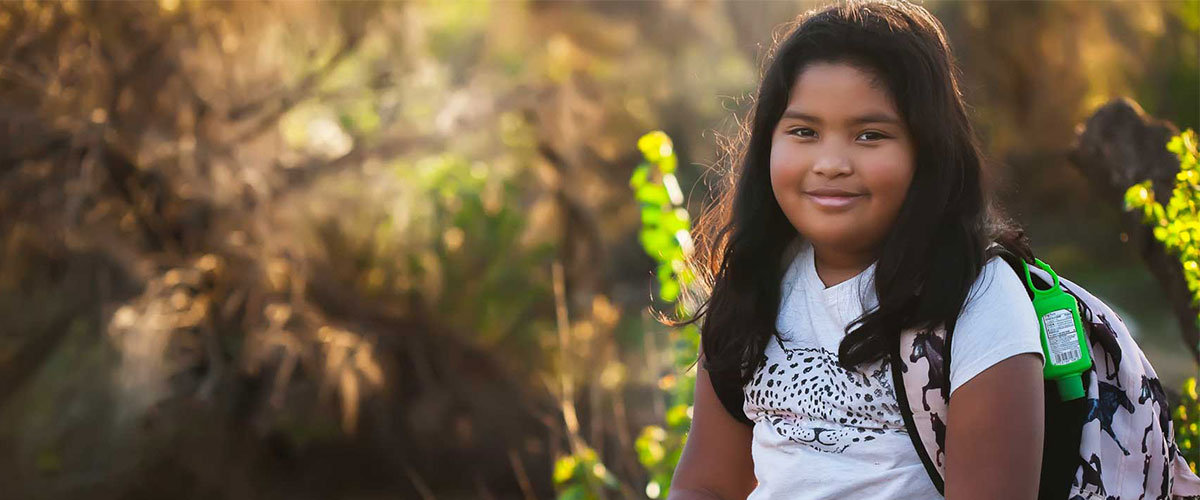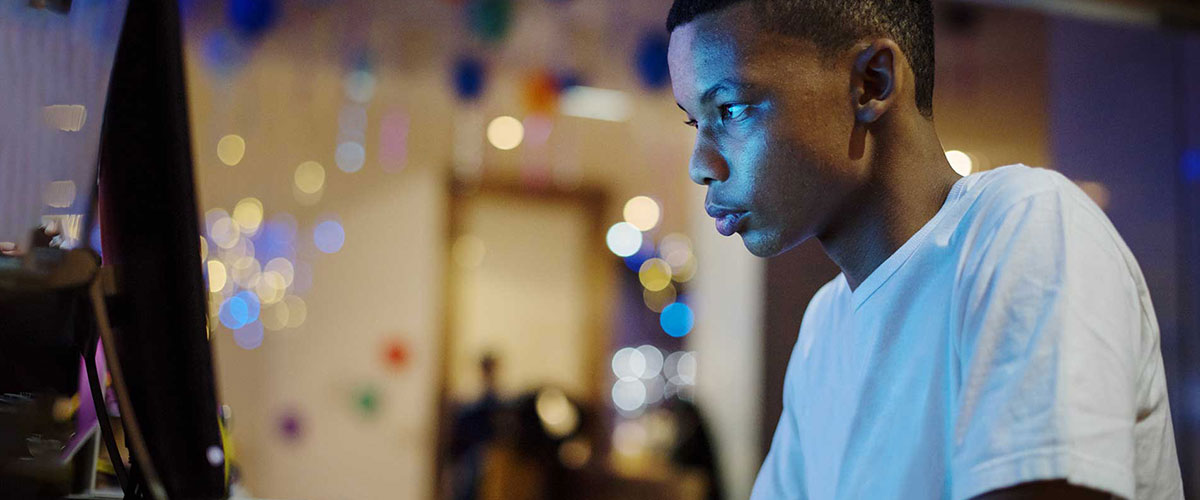Learn how you can play an active role in your child's mental & behavioral health
Kids in Wisconsin are experiencing a mental & behavioral health crisis, and many families are unsure how to address it with their children. That's why Children's Wisconsin is committed to helping parents and caregivers get the answers they need.
Activities to start the conversation
Mental and behavioral health is an important topic, and sometimes it’s hard to know how to talk to kids and teens about it. Below you will find a few different printable activity guides that you can use to work with the kids in your life. These were crafted by our mental and behavioral health team to help start the conversation and includes some tips and advice too.
- Myths and facts sheet — There are a lot of myths circulating about suicide. Get the facts and some resources.
- Hoja informativa sobre mitos y realidades — Hay muchos mitos circulando sobre el suicidio. Obtenga información y algunos recursos.
- Cov dab neeg thiab daim ntawv qhia qhov tseeb — Muaj ntau txoj dab neeg hais txog kev tua tus kheej. Mus saib qhov tseeb thiab qee cov ntaub ntawv uas hais txog qhov no.
- Talking to kids and teens about mental health — Not sure how to talk to your kid or teen about their mental health? These tips can help start that conversation.
- Hable con los niños y adolescentes sobre la salud mental — ¿No está seguro de cómo hablar con su hijo o adolescente sobre su salud mental? Estos consejos le pueden ayudar a comenzar una conversación.
- Kev tham nrog cov me nyuam yaus thiab cov hluas txog kev muaj mob puas siab puas ntsws — Tsis paub meej tias yuav tham li cas nrog koj tus me nyuam los sis tus hluas txog lawv txoj kev mob puas siab puas ntsws? Cov lus qhia no yuav pab tau koj pib sib tham txog cov kev sib tham li hais los no.
- How do I feel worksheet — If your kid is 5 years old and under, this worksheet will help them identify their emotions by talking and drawing what they’re feeling.
- Perspectives and assertiveness worksheet — If your kid is in the 6-12 age range, this guide will help them learn how to be more assertive and understand different perspectives.
- Finding time to talk and journaling — If you have a teen in your life, finding ways to talk about mental health is important. This activity helps you start the conversation with them and uses writing cues to help them share their thoughts and feelings.
Supporting kids at every age
Children age 0 to 5
Learn how parents can support the mental & behavioral health of children age 0 to 5.
Children age 6 to 12
Learn how parents can support the mental & behavioral health of children age 6 to 12.
Children age 13 to 17
Learn how parents can support the mental & behavioral health of children age 13 to 17.
What all parents need to know
About the mental & behavioral health crisis facing kids
One in five children is living with a serious mental illness that interferes with everyday life.
How the entire family can support a child's mental & behavioral health
Families play an important role in managing the mental & behavioral health of children.
How to talk to your child about mental & behavioral health
It’s important to talk to children in ways that help them express what they’re feeling.
Understanding ADHD in children
ADHD is one of the most common disorders that affect children.
Understanding anxiety in children
Although anxiety is a normal human emotion, it can sometimes impact a child’s developmental experience.
Understanding depression in children
While childhood depression is a serious illness, it’s also a treatable one.
How your pediatrician can support your child’s mental & behavioral health
Pediatricians have a unique role in caring for a child’s mental & behavioral health.
How to engage with teachers to support your child’s mental & behavioral health
It’s important to communicate with teachers and schools about your child’s mental & behavioral health.
How to advocate for childhood mental & behavioral health
We need to reduce the stigma of talking about mental & behavioral health issues impacting children.
Why community partners are supporting childhood mental & behavioral health
Our entire community needs to come together to solve the mental & behavioral health crisis facing our kids.
Where to seek help
If your child is struggling with mental & behavioral health issues, it’s OK to seek help. While you may feel worried or frustrated, it’s important to know you are not alone.



